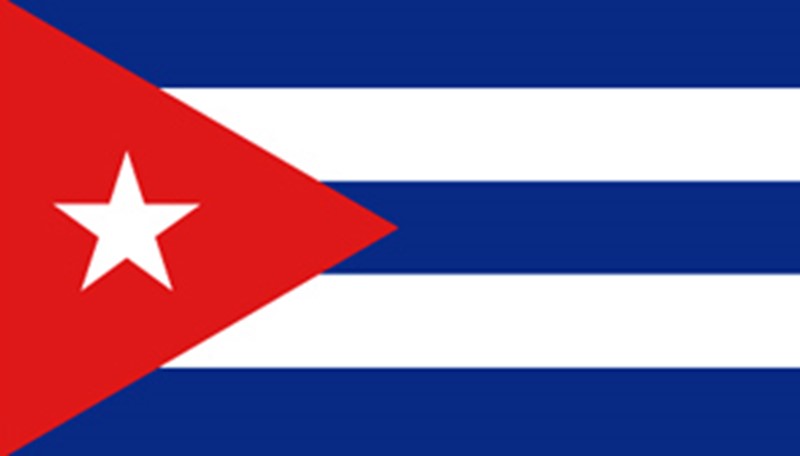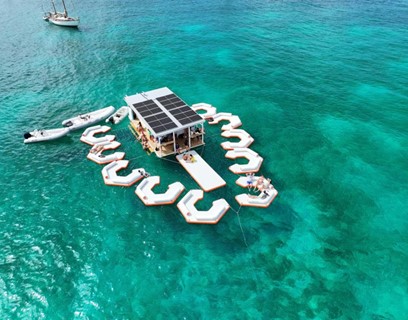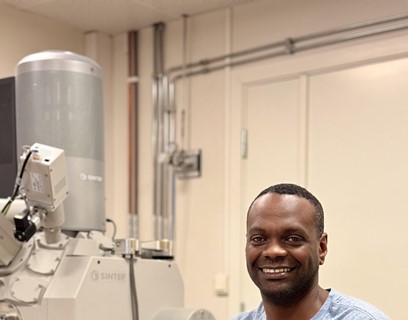
Cuba's President, Raul Castro, has proposed term limits for office holders "in the Party, the State and the Government". He has done so because, as he put it, "we (in Cuba) are faced with the consequences of not having a reserve of well-trained replacements with sufficient experience and maturity to undertake the new and complex leadership responsibilities".
Critics of the Cuban government have been quick to point out that term limits now will have no effect on Raul Castro or his older brother, Fidel. They have both dominated the party and government machinery since the Cuban revolution. Term limits of two five-year periods introduced now would have little effect on Raul who is 79 and who took over from Fidel as President in 2008. Given good health, he could remain in office until 2018 when he will be 86. As for Fidel, while he remained first secretary of the Communist Party after giving up the Presidency of the country, he is already 84 and not in great health.
Although Raul has raised the issue of term limits in the context of Cuba, it interesting for other countries too, particularly as his proposition goes beyond the government to include political parties.
The United States has had a system of term limits for its head of government since 1947. The twenty-second amendment of the Constitution states that holding of the Office of President in limited to two terms. The US is, therefore assured of a new leader every 8 years after robust debates within parties, and then between them.
Similarly, the constitutions of many Latin American countries restrict holders of Presidential office to two terms.
Recently, the constitutional restriction in at least three Latin American countries has been a source of great contention. In Venezuela, President Hugo Chavez managed to secure an amendment to the Constitution allowing him to contest Presidential elections beyond two terms. He had earlier failed to get the required vote in a referendum. Reports indicate that the Supreme Electoral Council of Nicaragua has also decided to allow current President Daniel Ortega to run for re-election amid mass demonstrations against it. And, Honduras saw the sitting President, Manuel Zelaya, ousted in 2009 when he also attempted to hold a referendum on re-writing the Constitution. Many of his opponents calculated that his intention was to overturn terms limits on the Presidency.
Up to a few weeks ago, the President of the Dominican Republic, Leonel Fernandez, was reported to be actively considering running for a third consecutive term even though the current constitution "' adopted in January 2010 under an agreement between Fernández and the main opposition party "' limits presidents to two consecutive four-year terms. However, he has now announced that he will not be doing so. Instead, his wife, Margarita Cedeño de Fernández, has been approved by his political party as a possible presidential candidate for the 2012 elections. Under the present Constitution, President Hernandez can seek re-election after skipping a term. Cynics regard the approval of his wife as a Presidential candidate as a way of keeping the post safe for his return.
Wives running to succeed their husbands started in Argentina where the current President, Cristina Fernandez de Kirchner, succeeded her late husband, Nestor, as President when he was still alive but ineligible to run for the Presidency after two terms in office. Then, in Guatemala, Sandra Torres, the wife of the current President Alvaro Colom, has filed for a divorce in an attempt to circumvent constitutional laws preventing her (as a close relative of the incumbent) to compete in presidential elections due to be held in September this year.
For the most part, however, Latin American and Caribbean countries have accepted term limits on the Head of Government where they exist.
Within the Caribbean Community and Common Market (CARICOM) countries, only Guyana has a term limit on head of government of two terms. The current President, Bharat Jagdeo, had always maintained that he would leave office at the end of the constitutional period, and he is now preparing to do so later this year when general elections will be held for the Presidency and Parliament. Jagdeo's party has already chosen its Presidential candidate as has two of the opposition parties.
In neighbouring Brazil, last October Luiz Inacio Lula da Saliva stepped down after his second, four-year term in office. He was constitutionally prohibited from running for a third, consecutive term.
Term limits at the governmental level in Cuba don't apply as they do in a democracy. In Cuba, term limits would pertain to persons within the Communist Party only, and it is by no means clear how Raul Castro envisages the transfer of authority from one Head of Government to another would occur. For instance would it be an open contest between candidates within the Communist Party, or would an executive bureau alone choose the new person? In democracies, all political parties, would contend both within their own councils and at the national level.
Few would argue that the system of open contest between parties is not a good thing both for democracy and for the generation of new ideas. In this system, even if an incumbent President managed to extend term limits by some democratic means, he or she would still have to contend in general elections with an opponent from another party at the national level.
The more fundamental point that arises from Raul Castro's proposal is that term limits should also be placed on office holders of political parties.
In his own party's case, finding persons with experience in the younger generation is difficult because a handful of now older persons have dominated the leadership for decades.
Fortunately, for political parties in the majority of Latin American and Caribbean countries, younger people have emerged to sit as equals with an older guard both in political parties and government. Still, Castro may have raised an issue deserving of serious contemplation in all democratic countries: Are two consecutive terms not sufficient for leaders to accomplish the programmes for which they are elected, and should not space be made continuously for new people to gain experience and maturity to deal with a rapidly changing world?
Significantly, there have been few leaders in democratic societies who were able to get and finish third terms, and those who did so faced enormous challenges of their leadership within their own parties and in the general population of their countries.
Raul Castro has offered much worth pondering.


